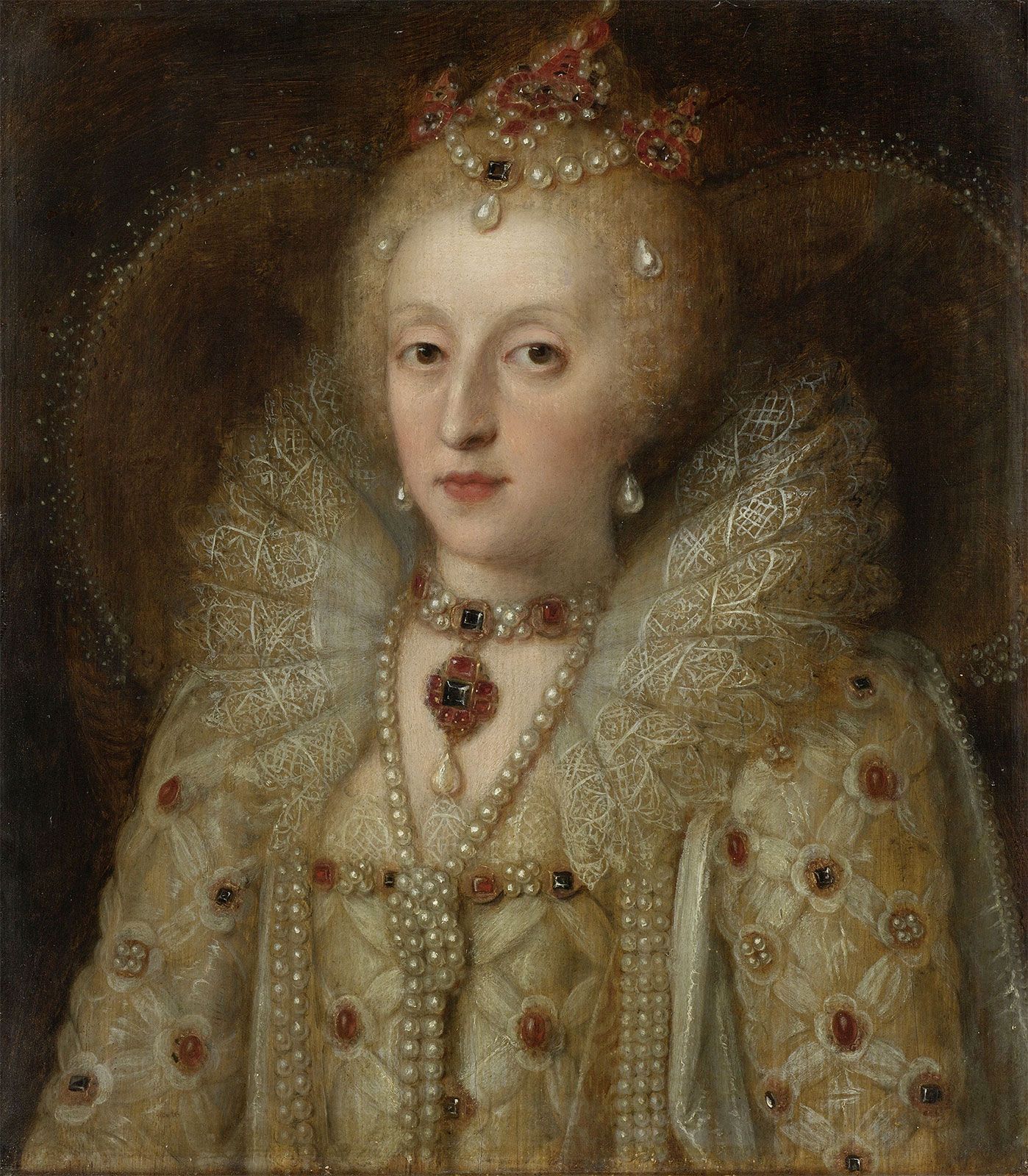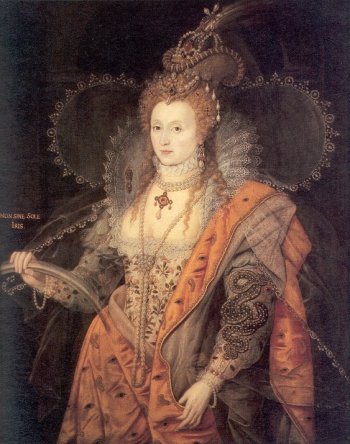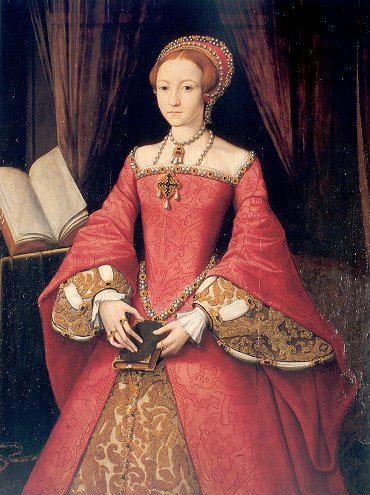Elizabeth was the queen of England and Ireland, and served the throne for 45 years, from 1558 until she died in 1603.
Elizabeth mastered four languages, including French, Dutch, Italian, and Spanish, taught by her governess, Catherine Champernowne. She could write English, Latin and Italian. She was one of the well-taught women of her generation.
Elizabeth was declared an illegitimate child, as her mother died and this became the biggest hurdle of her life, as it blocked the biggest opportunity she could get. She was prohibited from succeeding in the royal throne.

After her father’s death, her stepbrother took over the throne, at the age of 9 and served as the king until his death at 25. Her sister, Mary, a Catholic, became the next ruler.
She wanted to impose Catholicism and forced everyone to attend Catholic Mass. She imprisoned Elizabeth, a Protestant, for a year, suspecting her for supporting Protestant rebels.
Government workers who supported Elizabeth convinced Mary to release her while on the other side, people who supported Mary convinced her to kill Elizabeth. But they couldn’t find any strong evidence against her. Many court trials were held.
In the final court trial, it was decided if Mary would have a child then Elizabeth would never succeed to the throne. But things turned out to be completely different.
It was confirmed that Marry couldn’t give birth and Elizabeth’s succession seems to be guaranteed.
After Mary’s death, Elizabeth, at the age of 25, took over the throne and ruled with the help of a group of trusted advisors, guided by William Cecil.
She was welcomed wholeheartedly by the citizens.
She established an English Protestant Church and became supreme governor of that Church.
Elizabeth’s reign became popular as Elizabeth’s Era. She was recognized as a charismatic performer and a hounded survivor in that time when other rulers in neighboring nations dealt with inside issues and risked their seats.
Elizabeth’s foreign policy was well guarded.

From the beginning of her reign, people were curious about her marriage. She received many offers but decided not to marry anyone.
The reason is still unknown. People suspect that one major reason could be that her choice of husband might have triggered the conflict.
Elizabeth began losing power by the end of her reign because of unfavorable military and economic events.
A failure that she faced while dealing with foreign affairs, was the English occupation of Le Havre, France. Initially, she planned to exchange Le Havre with Calais, France, but failed as her side of army Huguenot, French Protestants, joined Catholics to reoccupy the port.

Elizabeth began facing difficulties in the last year of her reign. The conflicts with Spain grew, the taxation rate became high, and the economy was affected by failed crops. Thus, people began criticizing her.
Elizabeth began falling ill and developing diseases. She suffered from depression and finally died in 1603, in her palace.
Also Checkout: 125-year-old Yoga Guru: Lie, Truth, Propaganda, and Facts
















